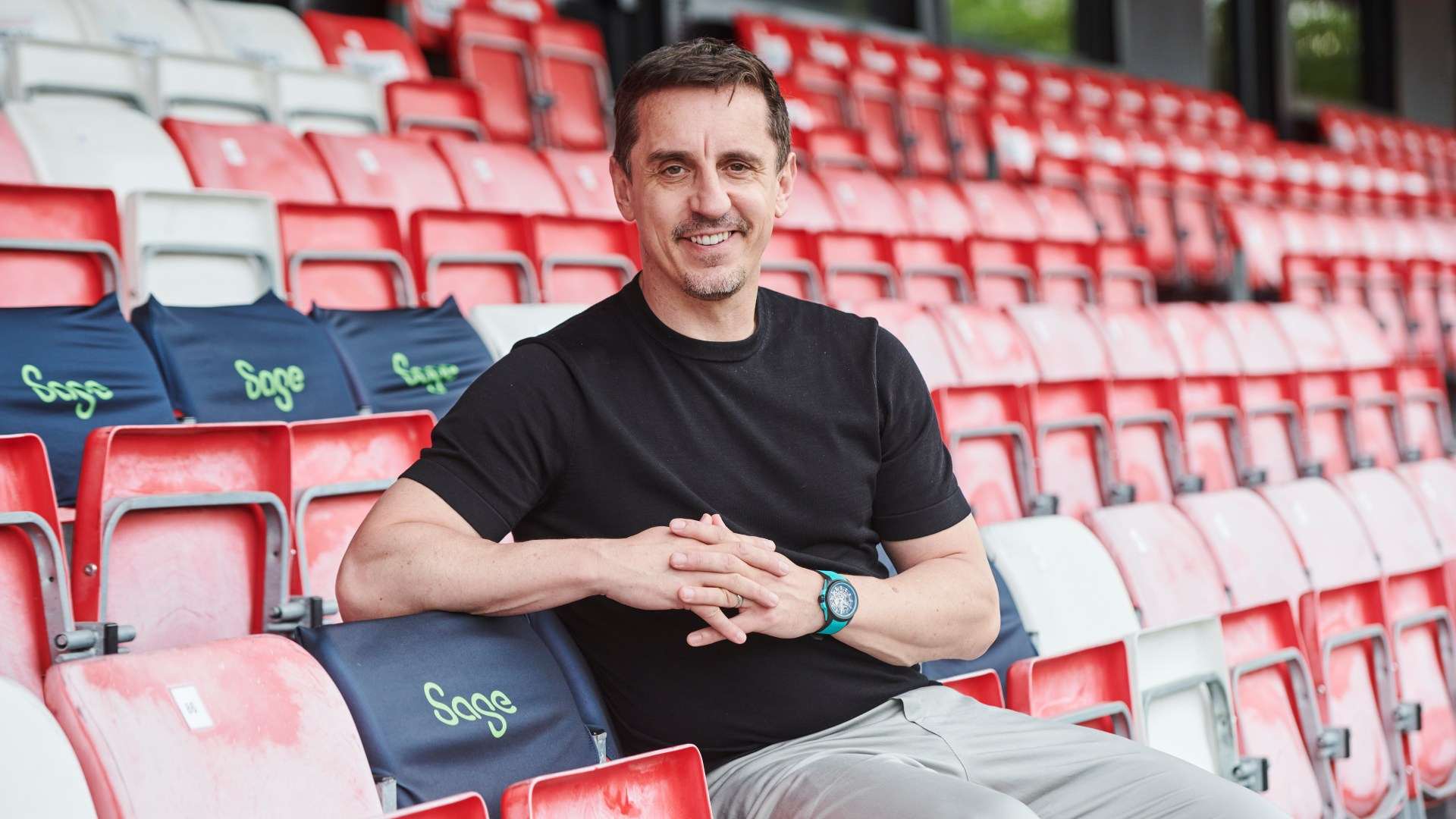A prominent figure in British sports and a staunch Labour supporter, Gary Neville, has ignited a significant political debate by openly criticizing Chancellor Rachel Reeves’ latest tax policies, specifically the national insurance hike on employers. This unexpected rebuke from within the Labour camp highlights growing concerns regarding the Labour Party’s approach to business and economic stability.
Neville, a former Manchester United defender and successful businessman, did not mince words, asserting that the Chancellor’s decision to increase national insurance contributions for businesses “could have been held back” given the current economic climate. His commentary carries weight, not only due to his public endorsement of Sir Keir Starmer’s Labour but also his practical understanding of commercial operations.
The crux of Neville’s argument centers on the potential deterrent effect these business tax hikes could have on job creation. He articulated a strong belief that “companies and small businesses should not be deterred from employing people,” suggesting the economic policy might inadvertently stifle growth and exacerbate challenges for employers across the UK economy.
While Gary Neville expressed firm backing for Labour’s proposed minimum wage increases, he sharply distinguished this from the controversial tax raids on businesses, which he warned are becoming a serious “challenge.” This nuanced stance underscores the complex tightrope Rachel Reeves and the Labour Party must walk between supporting workers and fostering a conducive environment for enterprises.
The stinging criticism from Neville quickly drew a response from the opposition, with Tory MP Ben Obese-Jecty remarking that “when even Gary Neville is critical of the National Insurance rises in the disastrous Labour budget, it’s fair to say that Labour has even lost the Labour changing room.” This retort amplifies the political ripple effects of Neville’s public comments, suggesting a potential fracture in public perception.
Further compounding the unease, the Confederation of British Industry (CBI) recently reported a pervasive “wave of pessimism” sweeping through UK businesses since the Labour Party assumed a more prominent role in the political discourse. This sentiment reflects a broader anxiety within industrial sectors about future economic policy and the impact of business tax.
Against this backdrop of heightened political scrutiny and internal party dialogue, businesses continue to grapple with persistent headwinds. They cite significant challenges from adjusting to higher operating costs, escalating prices, and the enduring uncertainty emanating from a volatile global environment, all of which are exacerbated by perceived unfavorable tax measures. The dialogue initiated by Gary Neville underscores the critical need for Rachel Reeves and the Labour leadership to address these concerns to maintain business confidence and support economic recovery.





Leave a Reply